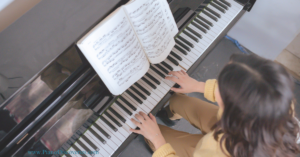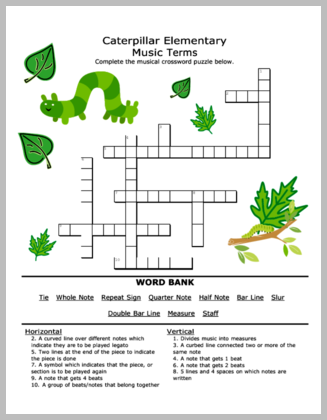 This is an interesting question. Is it possible for a student to become proficient at an instrument that they don’t have access to on a regular basis? The simple answer is…no. It will take an extraordinarily long time for a student to learn to play the piano IF he only has 1 lesson per week and no means by which to practice what is learned at the lesson.
This is an interesting question. Is it possible for a student to become proficient at an instrument that they don’t have access to on a regular basis? The simple answer is…no. It will take an extraordinarily long time for a student to learn to play the piano IF he only has 1 lesson per week and no means by which to practice what is learned at the lesson.
So, let’s discuss this a bit. Does that mean you should not teach that student piano? That is a complicated question, really. Let’s consider a variety of questions and scenarios before making that determination.
- Are there ways to solve the lack of piano issue? Such, as can the family afford to rent a piano? Or can the family purchase or rent a weighted key electronic piano instead? Is the student able to practice piano at a friend’s or neighbor’s house, or at their church?
- If none of those are options, then if the student is able to afford it, and you are willing to facilitate it, then can the student rent your piano for practice sessions between lessons? Or, are you willing to provide multiple lessons/practice lessons during the week (and can the student afford that)? If you are able to work a time into your schedule time for this student to use your piano (at a cost), or to teach this student multiple times/week (and the family can afford these options) then that solves the issue of the student not having a piano.
If the student has access to a piano, on which to practice regularly, then it doesn’t matter if the student has a piano of his own or not. See?
But if the student has no means by which to practice then taking piano lessons is really unrealistic. Instead, general music lessons are much more appropriate.
If the student and parents understand that the student will be taught general music lessons (note reading, rhythms, composition, music history, conducting, introduction to various musical instruments — through pictures, explanations, videos, etc and so forth and so on) rather than lessons specific to playing and performing on the piano, then teaching this student is still viable!
However, if there is an unrealistic expectation that the student will learn to perform on the piano, but there is no way for the student to practice, then it is the opinion of Piano Discoveries that it is better not to take this student into your studio (whether you teach in your home, in the student home, or in a professionally owned studio/store). Expectations, with no tangible or meaningful way to accomplish the expectations, usually leads to upset for all!
 However, keeping all of that in mind, it is ultimately up to you as the teacher! It is your studio, and so…what do you want to do?
However, keeping all of that in mind, it is ultimately up to you as the teacher! It is your studio, and so…what do you want to do?
